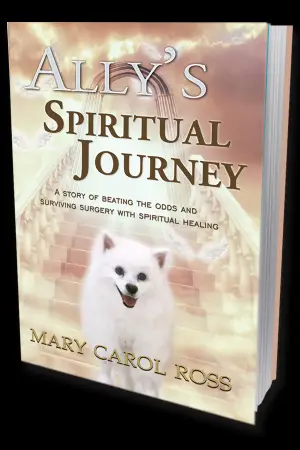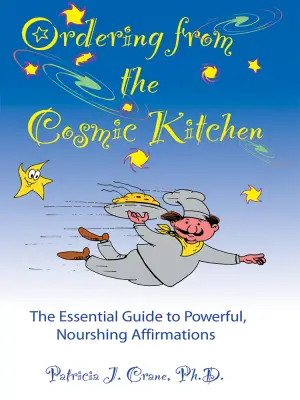Heart of the Sun Warrior: A Mixed Bag of Melodies and Missed Notes
When I first picked up Heart of the Sun Warrior, the second installment in the Celestial Kingdom duology by @golddragonfly, I anticipated a beautiful continuation of the vibrant tale woven in Daughter of the Moon Goddess. Fresh off that enchanting read, I was eager to immerse myself in the world of celestial beings, power struggles, and the rich tapestry of mythological references. What I found, however, was a twist of disappointment that left me questioning the very essence of character development and narrative consistency.
Let’s talk characters. Xingyin, our protagonist, takes a turn that had me rolling my eyes more often than not. She seems to make some of the most questionable decisions, seemingly regressing as a character to the point where her growth feels stunted. I mean, this is a young woman steeped in legacy and power; how could she become so naive? In many moments, she feels like a plot vehicle rather than a fleshed-out character, her decisions often feeling contrived to service the story rather than reflect genuine growth or logic.
And then there’s Liwei—ah, Liwei. How could one of the most promising characters from Book 1 be transformed into a passive pawn in a love triangle that felt more ridiculous than romantic? I found myself searching for his depth, only to watch him become a mere echo of his former self—a shadow rather than the vibrant “golden retriever” I’d fallen for. Equally disappointing was Wenzhi, who devolved into a puzzling mix of misguided desperation and a frankly unrealistic redemption arc. I found myself echoing the sentiment of many readers: what happened to the characters we loved?
Speaking of issues, let’s address the infamous love triangle. It’s almost comical how poorly this was executed. With characters that blend into each other and dialogues that feel recycled, it turns the suspense into tedium. Liwei, with his entitled impatience, and Wenzhi, with his stalker-ish tendencies, became caricatures that detracted from the main storyline. The repeated conflicts felt forced and often overshadowed the mythological intrigue that initially drew me in.
I also had trouble with the plotlines introduced—take the Houyi arc, for example. Instead of delivering a poignant exploration of love and loss, it veered into territory that made me do a double take. The complexities of sacrifice and the implications of immortality felt glossed over, leaving we seasoned readers bewildered.
On the brighter side, I still appreciated some of the worldbuilding details and lush descriptions that made the first book so captivating. There are memorable moments where the lyrical prose shines, but they’re like glimmers of hope in an otherwise convoluted narrative structure. However, I couldn’t shake the frustration of missed opportunities for character arcs or thoughtful resolutions.
Ultimately, while Heart of the Sun Warrior delivers some nostalgic visits to familiar themes, the execution falters. It’s a painful realization that sometimes beloved tales can fall flat in their endings. This book might resonate with readers who prefer fantastical elements over character depth or those looking for escapism rather than coherent storytelling.
For fans of fantasy looking for emotional development and rich character arcs, this might not satisfy your cravings. I ended the story feeling disheartened, but perhaps there’s a specific audience that might find a shred of enjoyment in the enchanting prose and ultimately hollow character dynamics. What a rollercoaster it’s been—filled with highs and some glaring lows. Here’s hoping the next journey will track back to the promise of the first!
Discover more about Heart of the Sun Warrior (The Celestial Kingdom, #2) on GoodReads >>






